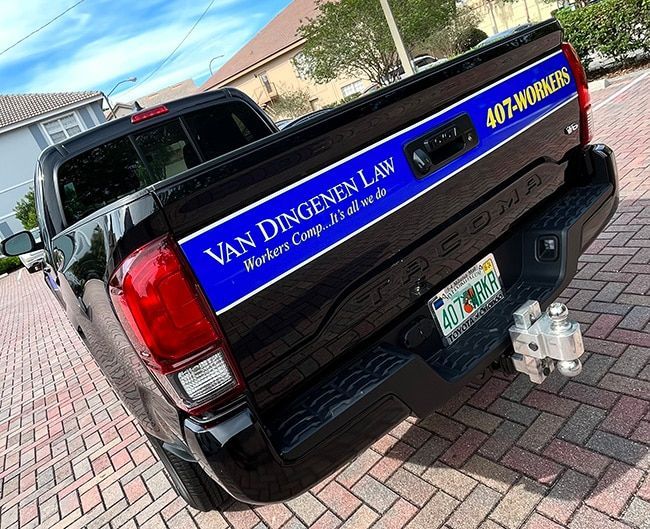Does Workers’ Comp Cover Repetitive Stress Injury?
A repetitive stress injury (RSI) is an injury caused by completing the same motion over and over, usually across an extended period. While an RSI might not seem as painful or problematic as an injury caused in an accident, the truth is that many RSIs are debilitating and need ample medical care to alleviate.
Another issue with repetitive stress injuries – sometimes called repetitive motion injuries or repetitive strain injuries – is that most people don’t realize that they can qualify an injured worker for workers’ compensation. In the average workers’ compensation policy, there will be an added clause about RSIs that qualify for coverage if the injury interferes with the employee’s ability to work and was caused due to a work-related task. Even if there is no specific mention of repetitive stress injuries, the underlying concept of workers’ compensation should cover these injuries automatically.
Repetitive stress injuries often associated with some sort of work-related duty are:
- Carpal tunnel syndrome: Spending long hours typing at a keyboard, using delicate tools and instruments, and completing other tasks that require fine dexterous manipulation can lead to carpal tunnel syndrome. Patients with carpal tunnel suffer from inflamed tendons in the wrist, which swell up and put pressure on nerves in the hand. The result can be hand, wrist, and finger pain or numbness that makes it difficult or impossible to use the affected hand. Office workers and surgical professionals are among those workers who experience carpal tunnel the most often.
- Eyestrain: Another serious – yet seemingly minor – repetitive stress injury that affects many office workers is eyestrain. Although the eyes are not technically completing a repeated motion, staring at computer monitors for many hours a day has been shown to cause problems for some people. Workers with photosensitivity issues might experience migraines, dizziness, or sensations of pains in the back of their eyes while trying to work on a computer, tablet, or phone.
- Back pain: Employees who regularly lift and heft items can develop back pain issues. For example, many retail workers are tasked with moving products and displays around each day. Regular rest periods are a must, but even when those are taken, back problems can begin. Oftentimes, back pain starts as a subtle ache that workers try to ignore, only for it to quickly worsen into a concerning and long-lasting medical condition. If you are feeling back pain while working, then please inform your employer right away and seek medical attention.
- Foot injury: If your work requires you to stay on your feet for the majority of your shift, then foot injuries might not be too far behind. Orthopedic shoes can help alleviate some of the issues, but they should not be seen as a solution. When simply walking becomes painful, it is unreasonable to try to keep working.
Workers’ Compensation Claims for RSIs
Workers’ compensation benefits should be awarded to injured workers, regardless of fault for the injury. This system usually means it is easier to get benefits without needing to prepare proof of the injury’s connection to the job. For example, someone who falls off a ladder at work and suffers an arm injury can clearly argue how the injury was caused by a work-related duty. For RSI patients, though, things might not be that simple.
Insurance companies might push back if there is no clear evidence that your repetitive stress injury was caused by your work activities. We advise you to speak with a workers’ compensation attorney before filing your claim to get a better understanding of what challenges you might encounter and how to overcome them.
Workers living with repetitive stress injuries in Central Florida can count on Van Dingenen Law for compassionate and experienced legal guidance. From our office in Orlando, we can assist you with any step of your workers’ compensation claim process to keep you facing the best possible outcome. Contact our firm at any time to learn more.
The post Does Workers’ Comp Cover Repetitive Stress Injury? appeared first on Van Dingenen Law.












